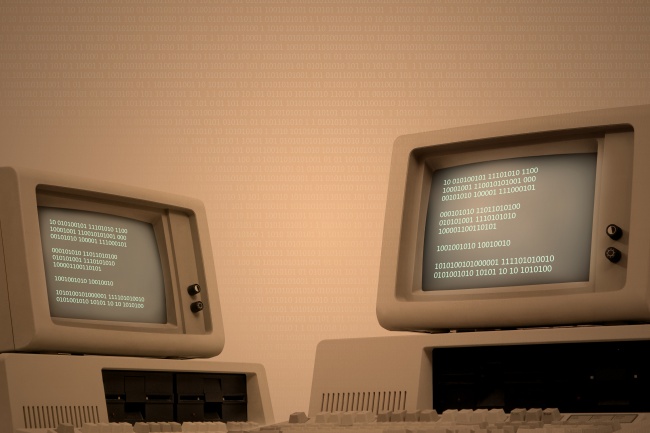Artificial Intelligence: All Promise, Not Enough Practical Applications?
On screen, in books and games, artificial intelligence’s (AIs), tend to fall into two broad categories: mad, bad and dangerous to know, or inherently good, a credit to its human creators.
In our fictional creations, going back decades – even centuries – we have been fascinated by the idea of robots. Artificial life that could, one day, replace humans, either as in a serving capacity, thereby causing massive economic upheaval, or masters, or destroyers. Elon Musk, Professor Stephen Hawking and many other smart people warn, artificial intelligence is responsible for the downfall of our civilisation.
In an open letter to Artificial Intelligence, Hawking, Musk and 150 experts said the fear is that “we could one day lose control of AI systems via the rise of superintelligences that do not act in accordance with human wishes – and that such powerful systems would threaten humanity.”
However, in other works of fiction, such as the Culture series by Ian M. Banks, we see super intelligent AIs – Ships Minds – capable of destroying worlds with all of the nuances and character flaws and quirks of humans. As Banks and Musk would say, we aren’t there, yet. At this stage in humanity’s evolution, our more realistic concerns should be around finding practical applications for AI in the private and public sector. We have huge challenges as a species: Can AI help us solve some of them?
AI Investments: 2017
Global tech giants are some of the main investors in AI technology, according to a McKinsey Global Institute AI discussion paper (June 2017). Google, Baidu and others have invested between “$20 billion to $30 billion on AI in 2016, with 90 percent of this spent on R&D and deployment, and 10 percent on AI acquisitions.”
Angel, seed, government grants, venture capital (VC) and private equity (PE) are big contributors too, but can’t rival tech giant investments or the stakes they already have in this emerging area of technology. The money from these sources “grew rapidly [in 2016], albeit from a small base, to a combined total of $6 billion to $9 billion.”
A lot of the focus, which underpins future AI developments is around machine learning, “as an enabling technology.” Adoption outside of the tech sector is in the early stages, normally an experimental program or something at startup or departmental scale. We are still in the early adopter phase.
As McKinsey points out, “Artificial intelligence is poised to unleash the next wave of digital disruption, and companies should prepare for it now.” The challenge is making that potential tangible, something that can generate real-world results that will spur innovation and adoption further, which is something we might see over the next few years.
How can AI support business growth?
AI machines, such as the famous Google AlphaGo, can beat human champions playing Go and other games requiring logic and statistics. Autonomous robots can cut the grass. In these scenarios, we are adapting our world to the needs of AI. At present, even the most sophisticated AIs don’t understand the context of Go or cutting the grass; they are programmed, they learn, they apply logic within the frameworks we give them.
Businesses and most human endeavours and groups don’t come with pre-programmed parameters. Human rules can change from one day to the next. We are, all of us, relying on human needs and motives that are also changeable. Business, in other words, is messy. As the author and Guardian columnist, Tom Chatfield points out, “When the arena is something as messy, unrepeatable and ill-defined as actuality, the business of adaptation and translation is a great deal more difficult.”
With the help of AI, we could find solutions to some of the most serious challenges we face. But to get to that point, we need AI that can be deployed in messy, real-world, human scenarios, such as businesses and organisations with vast amounts of data.
We need trained professionals, skilled in interfacing with the data, with people and with machine learning tools – AIs – that can make discoveries far more efficiently than humans. Once we get to that point, the beneficial impacts of AI on humanity, human problems and endeavours could be huge.





